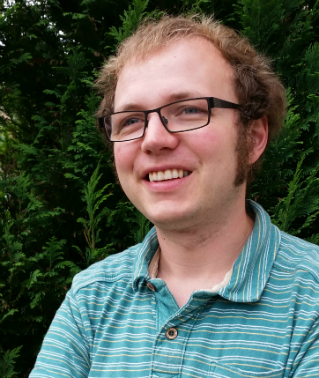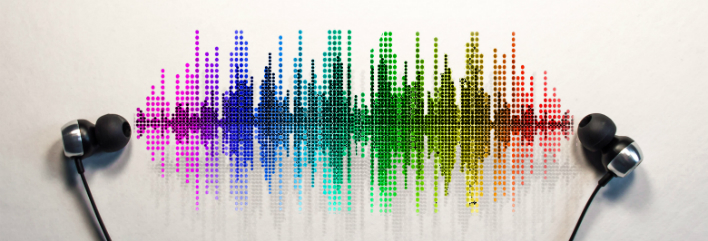A new study led by the University of Stirling is aiming to identify and analyse sounds associated with particular places in a bid to gain an insight into the impact of an environment on mood and memory.
People associate places – such as their home or workplace – with particular sounds, however, it is difficult for academics to investigate the link between the two due to the complexity of sound.
Existing strategies to explore sounds typically involve listening to long recordings, gathering information subjectively or using frequency analysis. However, computer scientists at Stirling, in partnership with academics from Aberdeen and Edinburgh Universities, have now developed a tool that uses feedback from large groups of people to identify sounds commonly associated with particular places.
Four sites across Stirling and Aberdeen – comprising each campus and both city centres – are the focus of the project. The sounds will be analysed to discover how they develop over time, sound collections reflecting each place will be produced and participants – who will hear sounds for the sites via a web page a few times over a three-month period – will have their mood tracked.
Academics believe their work around mood and memory could provide a valuable insight into supporting groups of people, such as those living with dementia.
Dr Alexander Brownlee, a Computing Science Research Fellow at Stirling, said: “Sound, memory and emotion are tightly interwoven, and often a person will associate a place with particular sounds.

Dr Alexander Brownlee, Computing Science Research Fellow, is leading the project which aims to identify and analyse sounds associated with particular places.
“Artists have tried to identify the identity of place through sound, but this is challenging because the sounds are too complex, and elicited sounds are inevitably biased by preconceptions of the artist.
“We are interested in exploring the relationships between sound and places for groups of people, so we’ve developed a tool that will use the feedback from many people to find sounds that are commonly associated with particular places.”
The team has already collected more than 16,000 sounds from the four areas and hope the next stage, involving public participation, will produce interesting results. Volunteers are asked to sign up, listen to sounds and provide feedback. A computer programme using artificial intelligence techniques will analyse the responses and ultimately produce the sound collections.
The team also includes sound artist Dr Suk-Jun Kim, of the University of Aberdeen, neuroscientist Dr Szu-Han Wang and psychologist Dr Stella Chan, both of the University of Edinburgh.
The project is funded by a grant from Scottish Crucible / Royal Society of Edinburgh.
Background information
Media enquiries to Greg Christison, Communications Officer, on 01786 466 687 or greg.christison@stir.ac.uk

